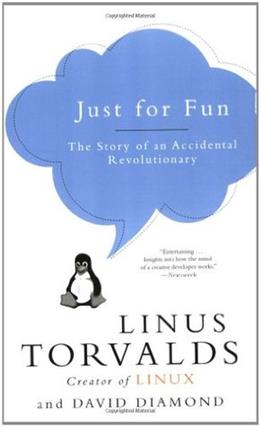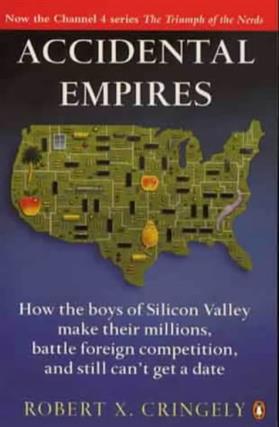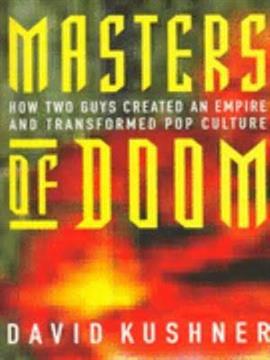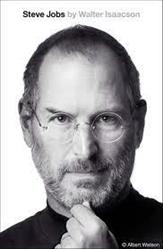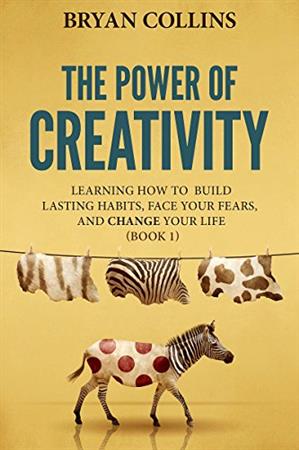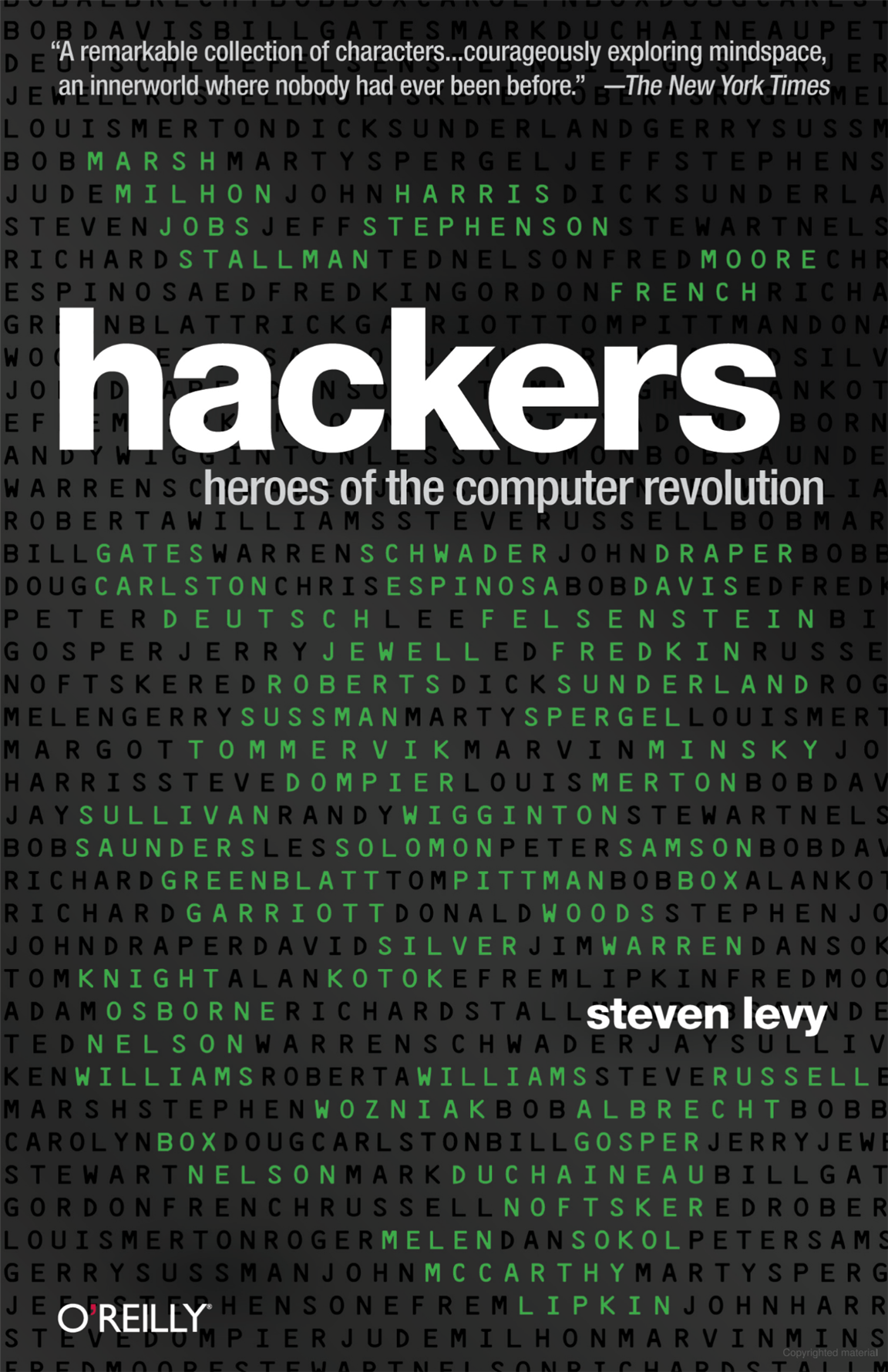iCon: Steve Jobs, the Greatest Second Act in the History of Business. iCon takes a look at the most astounding figure in a business era noted for its mavericks, oddballs, and iconoclasts. Drawing on a wide range of sources, Jeffrey Young and William Simon provide new perspectives on the legendary creation of Apple, detail Jobs’s meteoric rise, and the devastating plunge that left him not only out of Apple, but out of the computer-making business entirely. This unflinching and completely unauthorized portrait reveals both sides of Jobs’s role in the remarkable rise of the Pixar animation studio, also re-creates the acrimony between Jobs and Disney’s Michael Eisner, and examines Jobs’s dramatic his rise from the ashes with his recapture of Apple. The authors examine the takeover and Jobs’s reinvention of the company with the popular iMac and his transformation of the industry with the revolutionary iPod. iCon is must reading for anyone who wants to understand how the modern digital age has been formed, shaped, and refined by the most influential figure of the age–a master of three industries: movies, music, and computers. Editorial Reviews With Simon (coauthor, The Art of Intrusion), journalist Young here updates Steve Jobs: The Journey Is the Reward, his biography of the Apple Computer CEO. The authors, who call Jobs the "rock star of high tech," chronicle the remarkable comeback of the technology wunderkind who had been forced out of Apple in 1985. Jobs subsequently started Pixar, which compiled an impressive track record in developing animated films such as Toy Story and Finding Nemo. He eventually returned to Apple in 1997, where he was instrumental in developing the iMac and the iPod. Many biographies of Jobs suffer from his refusal to cooperate, and this one also betrays a hurried incompleteness, as if the authors were fearful that Jobs might achieve something new that they would be unable to include in time for publication. The book occasionally has a gossipy tone, especially in its overus

